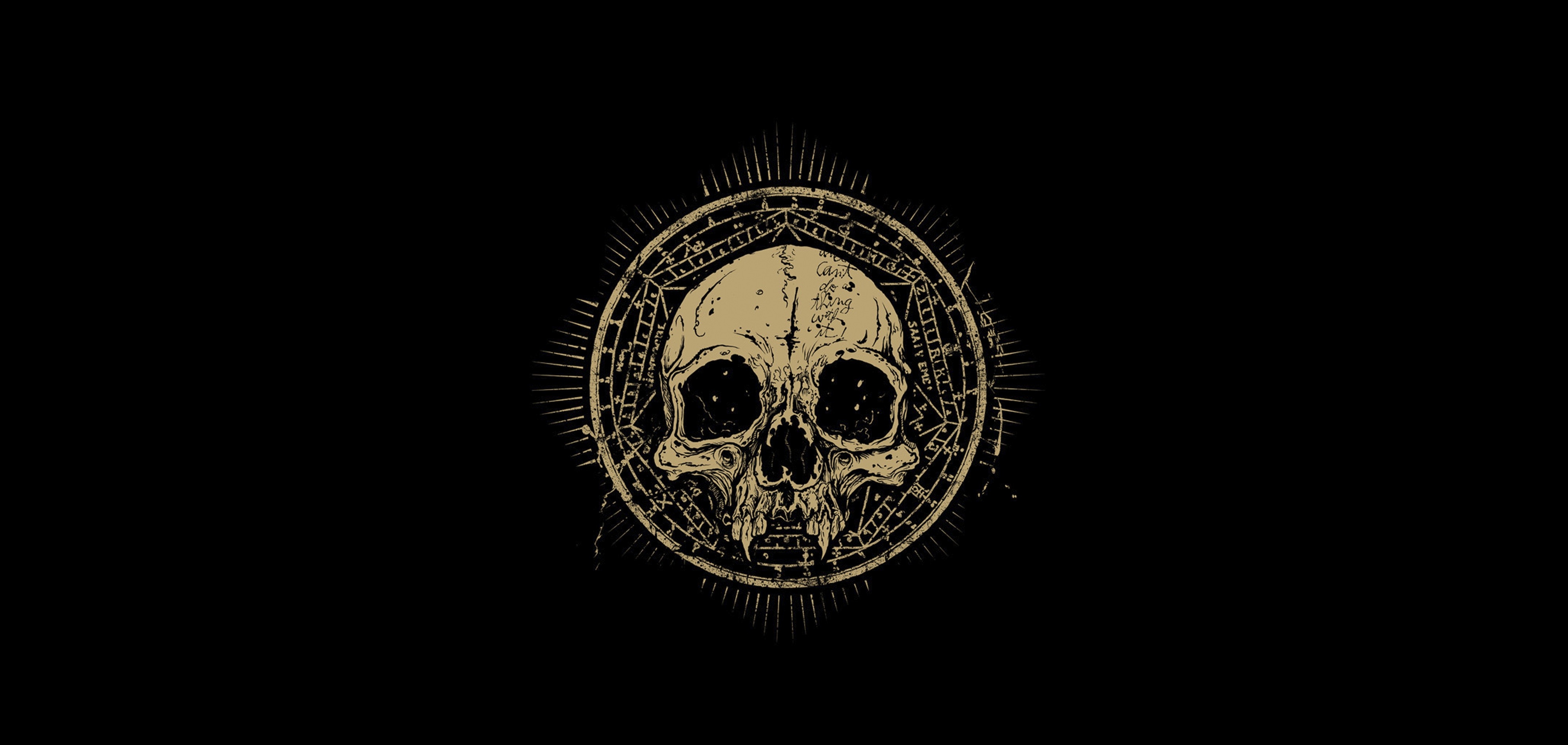Meijin, of the First Oath
An individual's worth can be measured in the oaths they have sworn and the promises they hold. Debt, so long as it is honored, is not a vice but virtue.
Meijin was a figure in early Dhanû history credited with introducing the system of obligation and expectation that now bind Dhanû society together. Before Meijin, Dhanû was far more fractured, and loyalty rarely lasted longer than a single generation. Through their efforts and the passage of time, the worst excesses of warlords and rowdy warriors were curtailed.
The Treaties on Oaths
Strength alone is not enough. A beast is strong. A current is powerful. Honor wins respect, and respect is true power.
Meijin was born into a world before Dhanû had united into a city-state. Countless warring tribes were spread across the Sheoin Region when most of it were still habitable. These clans spent a considerable time warring, feuding, and starving to death in the inhospitable caverns. Meijin spent their early youth fighting and raiding before settling into a career as a skald, during which they would create several works of philosophy and art.
Meijin's most influential and wide-spread work was their 'Treaties On Oaths.' It was initially a disparate collection of poems and songs on topics such as virtue and vice, the ideal ruler, and the horrors of war. As the ideas started to take root, Meijin collected the works into a single written tome and spent the rest of their life spreading it around Dhanû.
Slowly, notions that warriors were expected to show mercy to foes and treat their lessers kindly began to change how Dhanû nobility saw themselves. While such chivalrous ideals were not always upheld, there was gradually a social stigma attached to being cruel or capricious. At the same time, warriors and peasants had a tangible and sometimes formal oath they took to their masters.
Slowly, notions that warriors were expected to show mercy to foes and treat their lessers kindly began to change how Dhanû nobility saw themselves. While such chivalrous ideals were not always upheld, there was gradually a social stigma attached to being cruel or capricious. At the same time, warriors and peasants had a tangible and sometimes formal oath they took to their masters.
Although it would take centuries for the concept to truly take hold in Dhanûian culture, Meijin ideas were revolutionary for the time. Loyalty slowly changed from something that was given on an individual basis to a virtue worth cultivating in itself.
The Oathed
Let "oath-breaker" become the most foul curse ever uttered.
Although Meijin did not live to see Dhanû united into one city-state, their ideas become such an integral part of Dhanûian society, much changed in their lifetime. Towards the end of their days, Meijin founded the Oathed - one of the few organizations in Dhanû that work across clans.
The Oathed are scholars and historians of oaths. They track obligations broken and promises sworn, keep records of who oathed what, and to whom. While the Oathed has no official power to punish or empower, their word carries great weight in Dhanû. Clan leaders often give their own oaths more meaning by hosting an Oathed while it is sworn or by gifting the order some token of the vow. Such tokens can be written contracts or beautifully engraved carvings that detail their obligation. They are stored deep within the Oathed's clan hall and become part of the history of all oaths.
Joining the Oathed
The Oathed do not belong to any single clan but recruit members from across Dhanû. They take in orphaned children given up by their clan or old warriors without influence or status.
Young warriors are typically bound tightly by their obligations to their leader but sometimes join. It is considered a great honor to be asked to become Oathed, one few refuse.
Duties of the Oathed
Day to day, the Oathed observe and record. They maintain a massive Hall where they keep archives and host philosophical debate.
Oathed are often called in to mediate in disputes where different obligations clash or to determine if a promise has been kept or broken. Other times, they are sought out to help determine the appropriate punishment for failed obligations.

Dhanû history has only begun to be written down in the last century or so. Before that, it was chronicled in song, story, or poem, making skalds both historians and entertainers. Even now, many Clans prefer to listen to a rousing song that tells their tale than reading it. Literacy rates in Dhanû among the poor are still dismal, so skalds remain the only source of knowledge of times past for many.
Lineage of Oaths
There is some scholarly debate regarding Meijin's lineage after their work. Historical songs and poems alternate between calling Meijin either man or woman - and in some cases, neither. While the occasional scholar has a pet theory or the infrequent con-artist that try to play themselves as the long lost heir to Meijin's blood, most agree that it doesn't particularly matter.
by Shao Zhijiao
Although much of Meijin's treaties are written or engraved in stone, an equal amount was made into songs, proverbs, and catchy poems. Some Skalds pride themselves on knowing these ancient works, and the more extensive songs can take as much as an hour to properly sing.
Tomb of the Oath
Meijin's tomb is located in the Exarch's palace as one of its most treasured relics. The Shikei shrine that houses their skull is always stocked with incense and offerings, even when times are very hard. It is believed that every oath ever sworn true within Dhanû will appear among the many elaborate engravings on Meijin's skull. Old Oathed swears how the skull always looks different every time they see it.
Children








I think this is my favourite article that I've read from you up until now. Lovely details and story, it's great to find out where does the importance for one's word come from in your world. There are a couple of mistakes in this sentence "Even now, many Clans prefer to listen to a rousing song that tell there tale to reading it from a tablet.": "tell" should be "tells" and "there" should be "their".
I'm glad you enjoyed it - it was a fun one to write. :) I fixed those typos, thanks for pointing them out! :D
Creator of Araea, Megacorpolis, and many others.